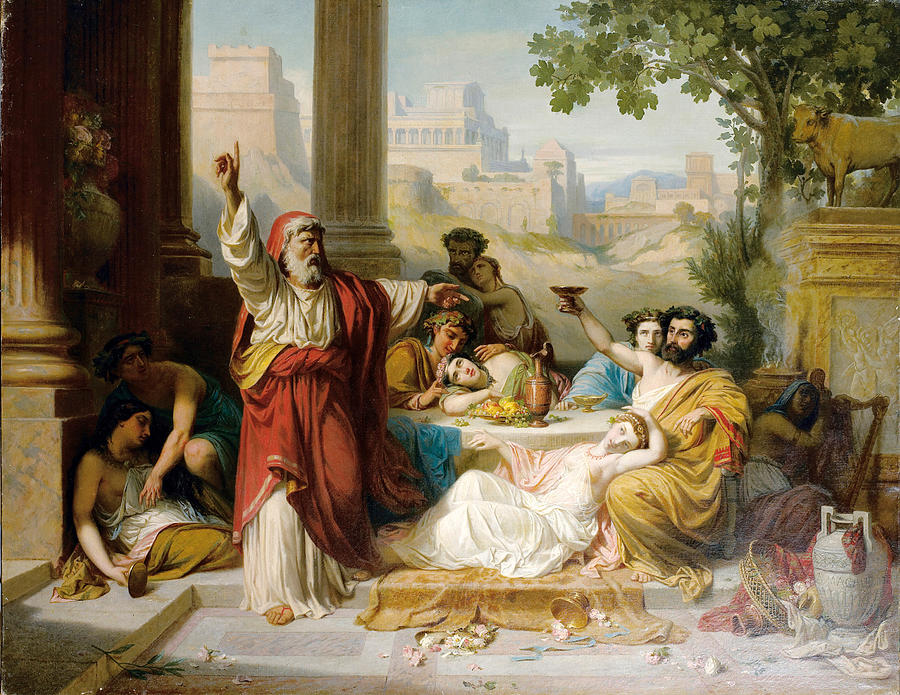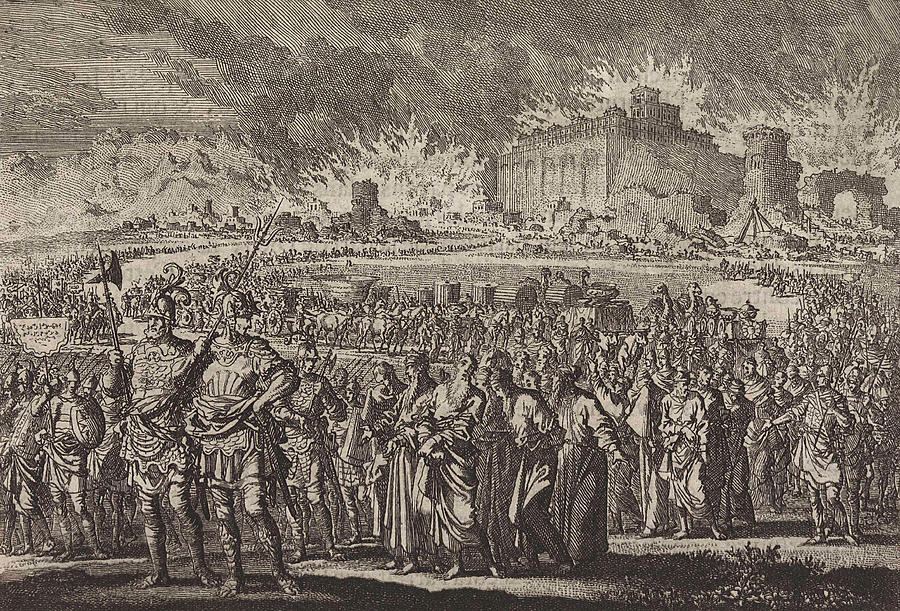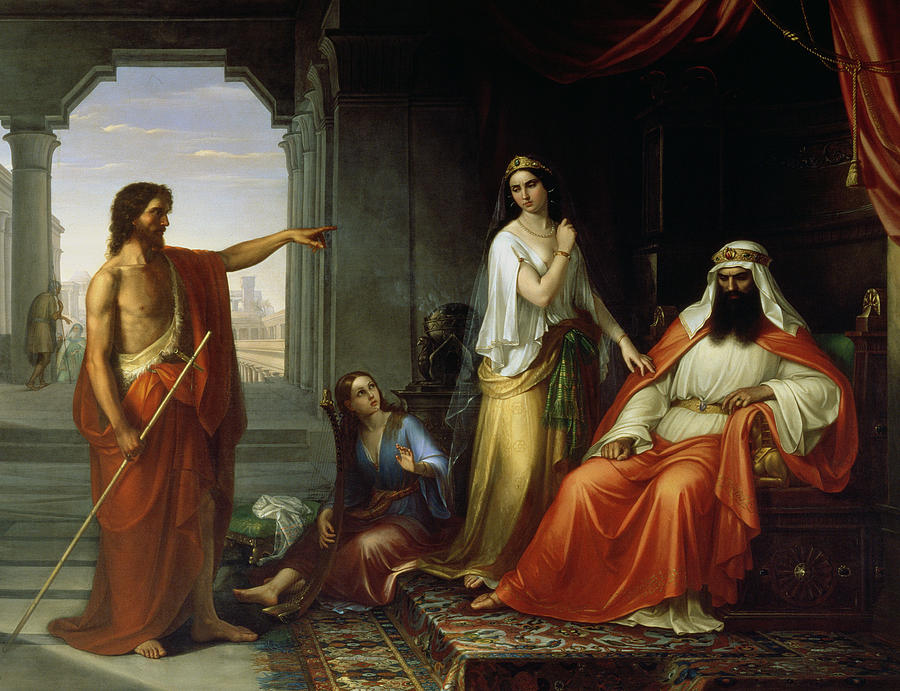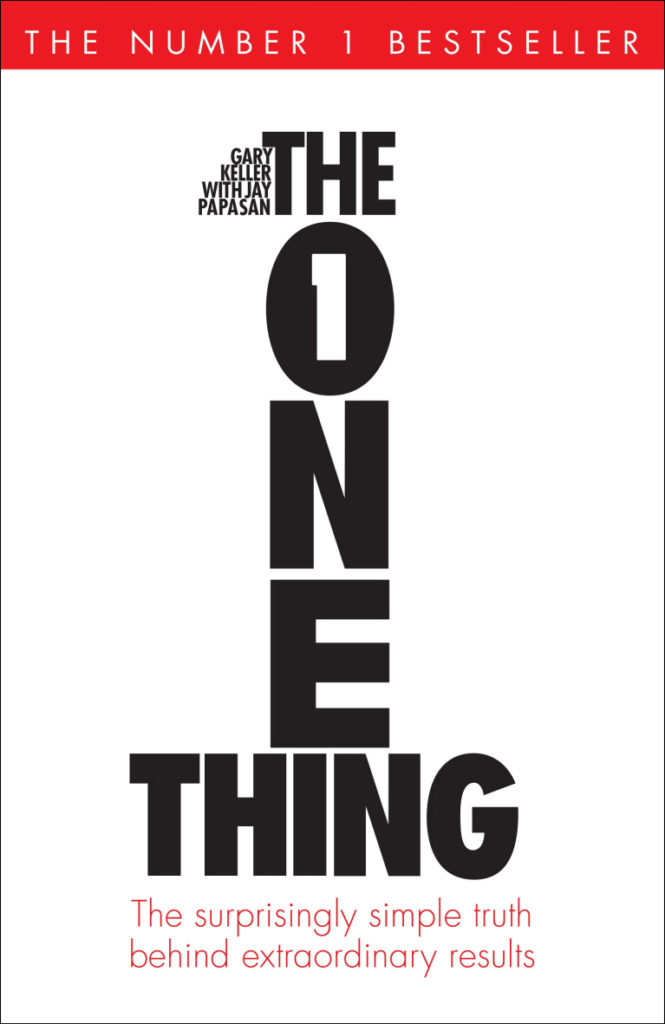My son and I are continuing our reading journey through the Bible, and we’re now deep into the words of the prophets. They wrote their words more than two millennia ago. Yet, I’m finding they resonate deeply with what we face in climate change today.
The reading, I must admit, is not easy. These are all books replete with repeated, vivid expressions of anger, desperation, grief, judgment. Calamity was going to come, the prophets declared. And then it came in the form of the Babylonian destruction of Jerusalem and the Temple.
Isn’t climate change, and all that it is bringing, very similar?
Despite many warnings for many decades, climate change is underway. And change is not even the right word. What is happening to the climate of God’s earth change is not at all similar to an oil change or changes to a baseball team’s lineup. What we are really beginning to see unfold is change bringing chaos.
The world, both the people and the earth itself, is already suffering as a result. Much worse is yet to come.
There is a great deal to write about climate chaos and what it means for God’s earth, our lives as Christians, and the future of the Church. But for now, as a way of entering the topic, I want to highlight three points of resonance for me between the prophets and the situation we face today.
The Prophets Were Ignored (and Worse)
The people of their times, as far as I can tell, largely ignored the prophets. Those who didn’t ignore them tended to persecute them. Jeremiah in particular suffered for speaking God’s judgment.

The book of Jeremiah depicts leaders and officials defying the judgments and warnings God was providing through Jeremiah (depicted in the painting above by Dominique Antoine Magaud) in astoundingly cavalier ways. In chapter 36, for example, we read of King Johiakim calling for Jehudi to get the scroll of Jeremiah’s words and read it to him. Here’s what follows in verses 22 through 24:
The king sent Jehudi to get the scroll, and Jehudi brought it from the room of Elishama the secretary and read it to the king and all the officials standing beside him. It was the ninth month and the king was sitting in the winter apartment, with a fire burning in the firepot in front of him. Whenever Jehudi had read three or four columns of the scroll, the king cut them off with a scribe’s knife and threw them into the firepot, until the entire scroll was burned in the fire. The king and all his attendants who heard all these words showed no fear, nor did they tear their clothes.
Likewise, many people do not want to listen to the prophets of climate change and the chaos it is bringing. Online trolls harass scientists like Dr. Katharine Hayhoe and others. The Trump administration is actively hostile to climate science and to the U.S. government staff who study it and warn about it. The administration and its supporters are, in effect, modern day Johiakims.
What’s even more disturbing is that climate change has become, more than ever, a partisan issue. Republicans, many of whom are Christians, refuse to make common cause with Democrats to address it.
Why the resistance?
The kings and people of Israel, especially the people of power, enjoyed the status quo. They couldn’t imagine having to give things up or admitting they had trespassed against God’s will or had worshipped other gods.
Similarly, we don’t want to give up the many rewards of the way our economy runs today. We don’t want the rules of the game to change. And in the case of climate change, the rules we don’t want to change are, ironically, a lack of rules and restraints. Like the people of Judah, we resent constraints on how we live and do business.
Isaiah highlighted the uselessness of idols in chapter 46:5-7 in a striking way. God asks:
With whom will you compare me or count me equal?
To whom will you liken me that we may be compared?
Some pour out gold from their bags and weigh out silver on the scales;
they hire a goldsmith to make it into a god,
and they bow down and worship it.
They lift it to their shoulders and carry it;
they set it up in its place, and there it stands.
From that spot it cannot move.
Even though someone cries out to it, it cannot answer;
it cannot save them from their troubles.
It occurs to me that the idols that the Judeans worshipped at this time actually, in all probability, had a compellingly tangible appeal. The stone and woods idols were things they could see and touch. There may have even been some artistic flair to them. There was, on the other hand, no tangible representation of the true God in their culture. Worshipping an intangible God and living out a complex set of requirements took persistent faith and commitment that made them, well, weird in the world they lived in. In contrast, the concrete imagery and heft of the idols likely required less faith and were easy on the heart. The idols rewarded the desires of their worshippers.
Likewise, we can see and touch all of the tangible benefits of our current economy and technology. They meet our desires and even create new ones. We have not shown the ability to restrain ourselves from unquestioningly accepting all technologies and systems.
Our desires have become our idols. Resisting our desires out of love and duty to our invisible God is something we don’t want to do. This would require persistent faith, commitment, sacrifice, and tenacity of heart in countercultural ways.
We are, actually, not so different from the people the prophets criticized so harshly.
Face-to-Face with Shattering Realities
I encourage you to read this essay by Leonie Joubert entitled “End-of-life anxiety and finding meaning in a collapsing climate.”
Leonie writes of the similarity between the person who receives the diagnosis of an incurable cancer from their doctor and the person (like herself) who has paid attention to unfolding climate science and recognizes that:
We’ve already dumped so much carbon pollution into the atmosphere that we have a “baked in” temperature increase of 3°C, regardless of whether we shut off all emissions right now or not.
What do you do if you are the person receiving that grim diagnosis of cancer? You may well go for end-of-life therapy, whether that’s through a therapist or through a pastor or other wise person, to process all of the intense feelings that well up.
Where do you go when you come to realize our trajectory is towards ever more dramatic climate change impacts that will bring misery for the people and planet God loves?
Therapists are beginning to realize that they need to know how to respond to people with that recognition and the accompanying despair. But it’s not exactly like helping the person with a cancer diagnosis. Leonie describes how the therapy field is wrestling with these challenges:
How does it respond to people living in an unrepairable situation? Therapy’s function is to heal the individual. How does it respond when the illness is society-wide? It focuses on healing what has happened in the past. What do we do when today’s illness is because of what will unfold in our personal and collective future?
It strikes me that the prophets were also dealing with society-wide illness for which there was both personal and collective responsibility.
This takes me to a fundamental question – why were so many words of the prophets preserved and not, for example, the words of the kings of their times? The prophets were, after all, the ultimate outsider radicals of their time.
I can think of a number of reasons. One was as a warning of God’s anger towards those given a special mission by God who willfully turned away from what that mission required of them.
Another was to forcefully make the point that the natural leanings of human nature – towards comfort and tangible personal and national benefits – are not what God calls us towards. Instead, we need our hearts to be remade by God so that what matters to God matters to us above all else. Even when what God wants forces us to choose the harder path.
Yet another reason was to compel those who read the words to think twice before silencing and persecuting those who question the status quo and see doom at the end of trends unfolding in our time.

Destruction of Jerusalem by the Babylonia Army by Jan Luyken. What art will be produced of the results of the chaos coming from climate change?
And I wonder if perhaps the vivid, shattering depictions of prophecies and events were meant to explode our hearts and to resonate with what we would feel as we encounter ever more grim realities in our time. Some of the most shattering images of impending chaos and destruction can be found in the prophets.
Read, for example, Lamentations’ description of the fall of Jerusalem. Here’s just a taste of it from chapter 2:11-12 (I’ve used The Message’s translation):
My eyes are blind with tears, my stomach in a knot. My insides have turned to jelly over my people’s fate.
Babies and children are fainting all over the place, Call to their mothers, “I’m hungry! I’m thirsty!” then fainting like dying soldiers in the streets, breathing their last in their mothers’ laps.
The prophets are records of deep, collective trauma. Perhaps in some mysterious way they will be therapeutic for the deep, collective trauma that is to come.
Messages of Future Hope
Even Lamentations has words of hope for the future. Isaiah’s words of hope are incredibly beautiful and include God’s earth. The hope is generated not by expectations that people would suddenly become good and just. What generates the hope is the love and commitment of God.
I struggle with this. Is it possible to have hope for future joy and restoration when the world God loves and I love faces destruction?
It is all too easy for Christians to set up camp in the happy place of faith and hope in God. This leads to ignoring of the plight of the oppressed and the continued crushing of the vitality of the life of God’s earth. There is no sense in the Bible that future hope for tomorrow excuses us from acting out of devotion, compassion, and active love today.
Yet, the prophets and the Gospels, without question, also give us hope. We cannot camp out exclusively in the place of despair, hopelessness, and desperate urgency either.
The prophets remind us that our faith and faith-lives rest on paradoxes. They require us to have the ability to hold two different concepts in tension at the same time.
And paradox is where climate change and the prophets leave us.
Are we alarmed and active or are we hopeful? We need to be both.
Consider this scenario. What was the average devout Judean person supposed to do when they heard Isaiah or Jeremiah crying out on the streets and actually believed what the prophet was saying? What would he or she do when they got home? What would they say to their family?
I imagine them recommitting themselves to being devout by following the rules of their at that time. If they had idols, they would have destroyed them. They would have redoubled their focus on worshipping God and praying to God. I imagine them doing so even in the face of ridicule from neighbors worshipping their idols.
Their faithfulness to God would inevitably have made them compassionate to the vulnerable around them. The prophets highlighted vulnerable people, like widows and orphans. I want to believe that they would naturally have treated animals kindly as well.
To the degree that they had influence with their tribes, friends, and neighbors, I believe they would have called on them to follow God in their lives as well.
I imagine the family cherishing the Temple, knowing that it was facing destruction and would be no more. I imagine them cherishing the land they owned and farmed and the larger landscape that God had given their people. They knew they would be taken away from it, assuming they even survived. It would have been even more dear to them.
And I imagine them, paradoxically, preparing their family for chaos and disruption ahead even as they poured into their children the promises of hope that the prophets included in their warnings and promptings. “Do not forget!” they would tell their children. “And do not let your children forget!”
Alertness to the true condition of the world.
Devoutness and prayer.
Mourning.
Cherishing the beauty of what God had given them.
Active preparation for chaos to come.
Urging society, family, and friends to repent and change.
Compassionate actions for the vulnerable.
Deepening of their faith commitment.
Hope for the ultimate future mixed with grief for the immediate future.
This set of responses, seemingly contradictory at times, is what I imagine people of the prophets’ time doing out of conviction and belief.
As a Christian in a time of climate change, these responses make sense to me today as well.









